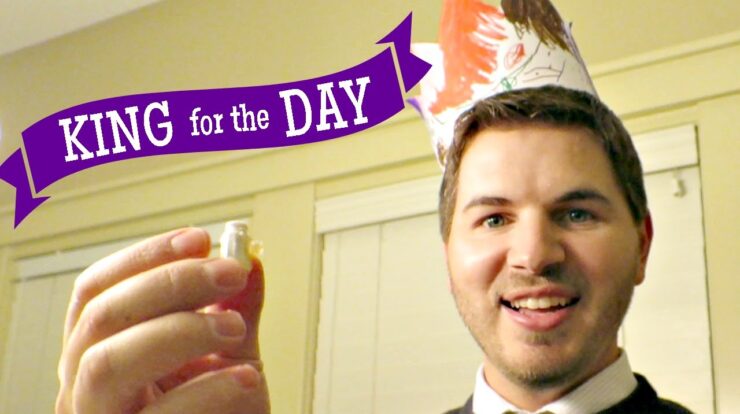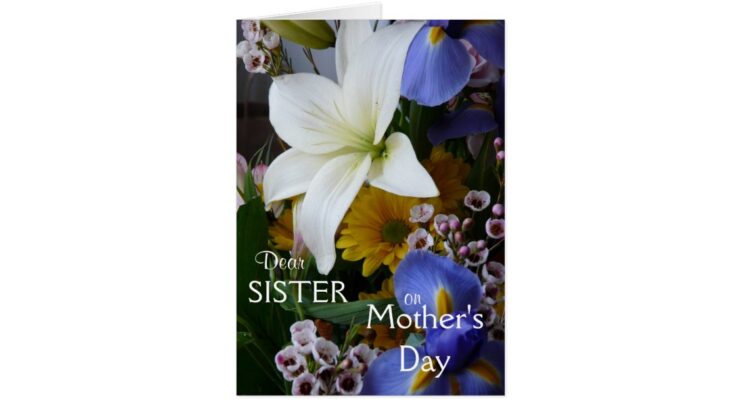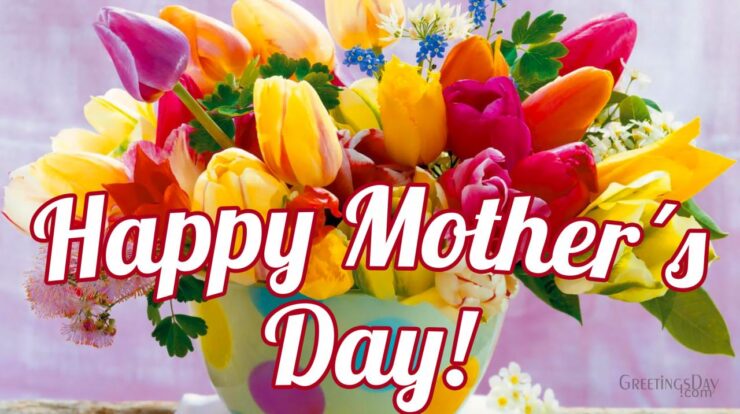
Kingsday, an annual celebration in the Netherlands, is a vibrant tapestry of festivities, traditions, and cultural significance. With its origins deeply rooted in Dutch history, this beloved event honors the reigning monarch and fosters a profound sense of national unity and pride.
On Kingsday, the streets of Dutch cities and towns erupt in a kaleidoscope of orange, as revelers don clothing and accessories adorned with the vibrant hue. Flea markets, street parties, and music performances fill the air with an infectious energy, creating an atmosphere of camaraderie and shared joy.
Historical Context of Kingsday

Kingsday is a national holiday in the Netherlands celebrated annually on April 27th. It commemorates the birthday of King Willem-Alexander, the current monarch of the Netherlands.
The origins of Kingsday date back to 1885 when it was first celebrated as “Queen’s Day” to honor Queen Wilhelmina, who was born on August 31st. After Queen Juliana ascended to the throne in 1948, the date was changed to April 30th to coincide with her birthday.
In 2013, when King Willem-Alexander became king, the holiday was renamed “Kingsday” and the date was changed to April 27th.
The Dutch royal family plays a significant role in Kingsday celebrations. The king and queen traditionally attend various events throughout the country, including a large open-air concert in the evening.
Festivities and Traditions

Kingsday is celebrated with a variety of festivities and traditions. One of the most iconic traditions is wearing orange clothing and accessories. Orange is the national color of the Netherlands and represents the royal family.
Other popular activities on Kingsday include flea markets, street parties, and music performances. Many people set up stalls to sell their used goods, while others simply enjoy the festive atmosphere.
Cultural Impact, Kingsday
Kingsday has a significant cultural impact on Dutch society. It is a day when people come together to celebrate their national identity and pride.
The event also plays a role in preserving Dutch traditions. Many of the activities associated with Kingsday, such as flea markets and street parties, have been passed down through generations.
Economic Implications
Kingsday has a positive economic impact on the Netherlands. The holiday attracts large numbers of tourists and generates significant revenue for businesses.
According to the Netherlands Bureau for Tourism and Congresses, Kingsday is the second most important day for tourism in the Netherlands, after New Year’s Eve.
Safety and Security
The safety and security of Kingsday is a top priority for the Dutch government. Law enforcement and emergency services are deployed in large numbers to ensure the safety of attendees.
In recent years, there have been some incidents of crime and violence on Kingsday. However, the overall crime rate is relatively low.
Environmental Considerations
Kingsday has a significant environmental impact. The large number of people attending the event generates a lot of waste and noise pollution.
In recent years, the Dutch government has taken steps to reduce the environmental impact of Kingsday. These measures include increasing recycling and composting efforts and using more sustainable materials for decorations.
Concluding Remarks: Kingsday

Kingsday serves as a testament to the enduring spirit of the Dutch people, showcasing their rich traditions, vibrant culture, and unwavering national pride. As the festivities conclude, a sense of unity and belonging lingers, reminding all who partake in this cherished celebration of their shared heritage and the indomitable spirit that binds them together.
Essential Questionnaire
What is the significance of orange on Kingsday?
Orange is the color of the Dutch royal family, the House of Orange-Nassau, and has been associated with the monarchy for centuries.
What are some popular activities during Kingsday?
Flea markets, street parties, music performances, and boat parades are common activities enjoyed by revelers.
What is the historical context of Kingsday?
Kingsday originated as a celebration of the birthday of Queen Wilhelmina in the 19th century and has since evolved into a national holiday honoring the reigning monarch.





